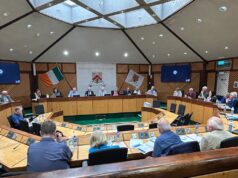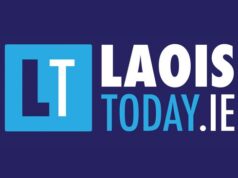The Income Tax deadline of end October is fast approaching. If you submit your tax returns through the Revenue On-Line System, then this deadline is extended to mid-November.
Self Employed Directors and Sole Traders are the people most likely to be under “starter’s orders” to get their Form 11 Income Tax Return submitted in order to avoid any surcharges for late submissions.
For those who make losses and therefore have no tax to pay, this is not a major issue as you cannot apply a surcharge to a zero amount of tax payable – at least any percentage of zero … is always zero.
However for most, who are making some sort of profits, there is tax to pay and therefore the potential to make a pension contribution that can reduce that tax liability.
By making a Pension contribution before the ROS deadline of mid November 2017, this can be offset against your Income Tax liability for 2016, thereby reducing the amount of tax you have to pay now or indeed, create a potential refund of tax that was already paid for 2016.
While this is an additional burden on your cash flow, it is an investment you are making that you will recover in the future. Any tax you pay now for 2016 will never be seen again.
Make sure you claim back what you’re entitled
With the Income Tax deadline on top of us, you need to make sure that you are not leaking tax unnecessarily when making your Income Tax Form 11 submission before mid-November.
Have you fully claimed all the deductions that you are entitled to?
Medical Expenses are an obvious area where we can claim a tax deduction. It is not as good as it used to be as it is only allowed at the basic rate of tax so the best you can recover is 20% of the expenses you have incurred in the year. However, would you be happy with Revenue hanging on to YOUR money? I know I wouldn’t.
You only need the AMOUNT for the purpose of your Income Tax Return, however you do need to be able to prove this if Revenue ever come back to challenge the validity of your claim so you should keep all your medical receipts for at least 5/6 years.
Your chemist may well have a record of all your prescription spending throughout the year.
Education Fees that you have incurred may be capable of a claim. As we enjoy free post primary education in this country, it is not possible to recover anything at second level – private school fees would not qualify.
Third level education is again deemed to be free in Ireland though the Registration Fee is getting bigger and bigger every year. There are many prescribed courses in various colleges around the country that do qualify so be sure to check out your ability to offset such educational costs against your tax, if they are incurred in 2016.
Your credits and tax bands are given to you by Revenue at the start of each year and these SHOULD be correct but don’t just assume that. Make sure you are getting all credits to which you are entitled.
Pension Contributions made in the year should be fully claimed. It is also possible to claim a deduction against your 2016 Income Tax bill, for a personal pension payment (or an AVC) made between Jan and Oct 2017.
This is unique to Income Tax rules and it creates the possibility for you to make a payment to pension now and potentially get 40% of that back within a few weeks. It is the one time where you can really bring to life the great tax advantage of pension contributions in such a short turnaround time.
Are you “jointly assessed” to tax with your spouse? If not, then you are most likely to be “separately assessed” and this can mean you are not getting the full benefit of your potentially combined tax bands.
I dealt with one lady last year who had been keen to keep her affairs quite separate from her husband’s for no other reason other than her own financial independence……and her husband was the stronger earner.
Once I changed them to Joint Assessment, they recovered a few thousand due to the higher tax he was paying by not sharing in some of her credits and tax bands.
SEE ALSO – Ronnie Culliton: Why you need to think carefully about having the bank as your advisor






















